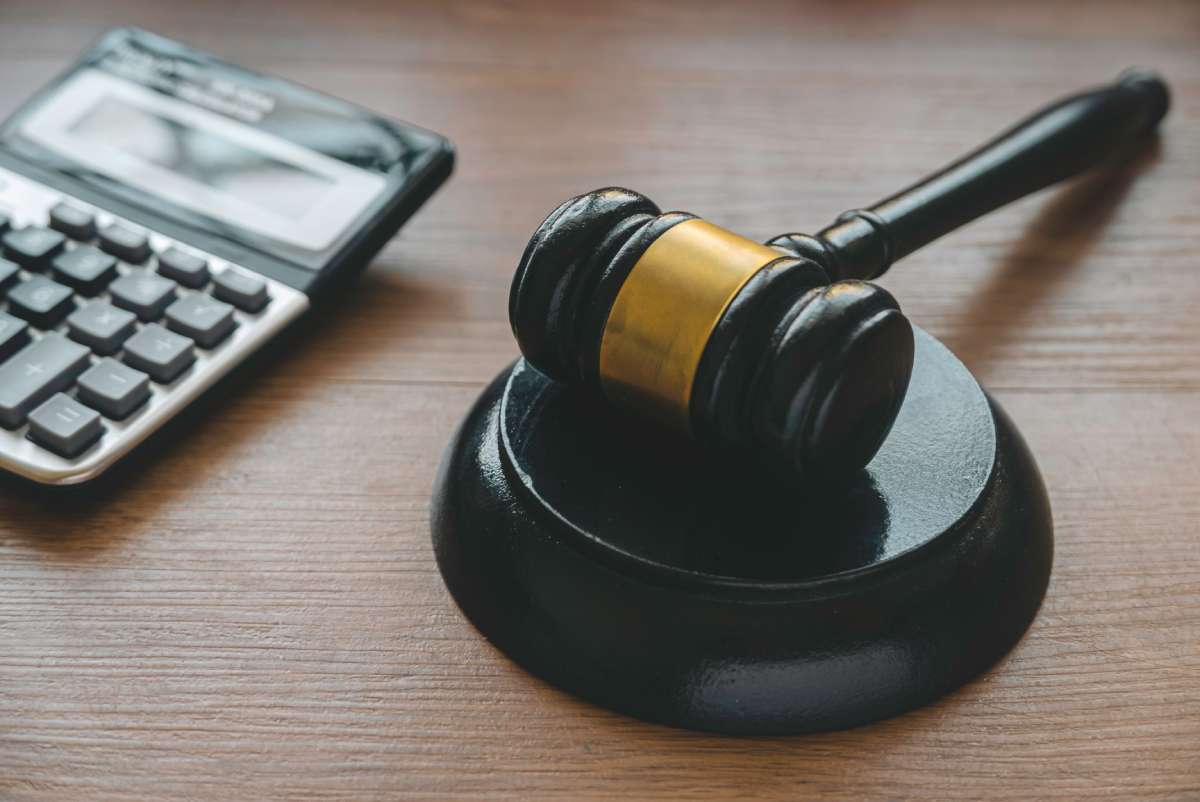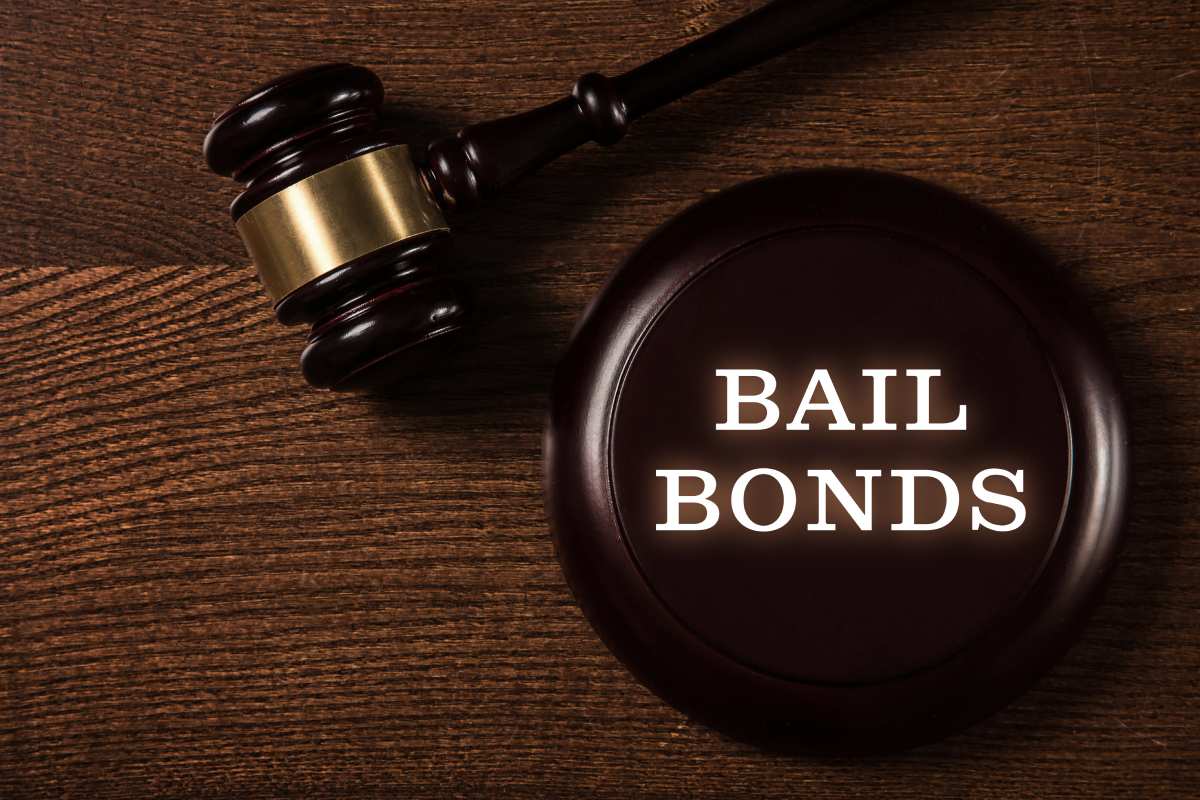
If you’re unfamiliar with court proceedings, bail can seem complicated. This is understandable – there are many stages involved in the bail process.
One such stage is “exoneration”. What does bond exonerated mean, and how does it affect you? Below, our agents explain the bail exonerated meaning and what it means for your financial obligations.
What Is Bail?
Bail allows a defendant to leave custody while awaiting trial. In exchange, the defendant must agree to specific terms, known as conditions of release, and pay a bail amount set by the court.
Defendants are required to attend all court hearings. If they fail to appear, They forfeit their bail money and risk being arrested again.
What Is a Bail Bond?
A bail bond is a financial guarantee posted on a defendant’s behalf, typically by a bail bond company. The company agrees to cover the full bail amount, charging a non-refundable fee, often around 10% of the bail total in California.
While some defendants can pay bail in full, many rely on bail bonds as an affordable alternative.
What Does an Exonerated Bond Mean?
A bond is exonerated when the case concludes, meaning there are no further court dates. At this point, the defendant’s financial obligations to the court end, and the bond is released.
It doesn’t matter whether the defendant is found guilty or not; once proceedings are over, the court exonerates the bond, eliminating any remaining court-related bail obligations.
Examples of Bond Exoneration
A bond may be exonerated in different situations, such as:
- The prosecution drops the charges
- The defendant pleads guilty early in the process.
- The judge dismisses the case due to lack of evidence.
Each of these outcomes signals that the case has officially ended, and bail is no longer necessary.
Does Exonerated Mean Released?
Not exactly. The phrase “bail exonerated” means you are released from paying any further court-ordered bail. However, it does not necessarily mean you are released from custody or that charges are dismissed.

What Happens to a Bond When it is Revoked?
If a bond is revoked, the court has canceled the defendant’s bail due to violating the release terms. This could be missing a court date, failing to comply with conditions, or committing another offense. The bond will not be exonerated when this happens, and the full bail amount may become due.
Do you get Bond Money Back if Found Guilty?
If you posted bail with your own money, you will receive it back when the bond is exonerated, regardless of whether you are guilty. Remember that if you utilized a bail bonds company, the premium you paid for their services is non-refundable.
Can Bail Exoneration Be Denied?
Yes. If a defendant violates bail conditions, such as failing to appear in court or committing a new crime, the court may refuse to exonerate the bond. In such cases, the full bail amount may become payable.
Your Freedom Matters – Let Bail Hotline Help
With decades of experience, we at Bail Hotline genuinely understand how much stress families go through when dealing with bail and the legal system. We believe everyone deserves a second chance. Whether you or a loved one needs help to secure bail or help interpreting the exoneration process, our compassionate team is ready to assist you 24/7.
You don’t have to go through this alone, as thousands of others have shared your experience. We are pleased to provide the discrete, compassionate guidance you need across California. When you need us, count on us for the fast, reliable, and professional support you and your family deserve.
Don’t wait—contact Bail Hotline today and take the first steps toward reuniting with your loved ones.